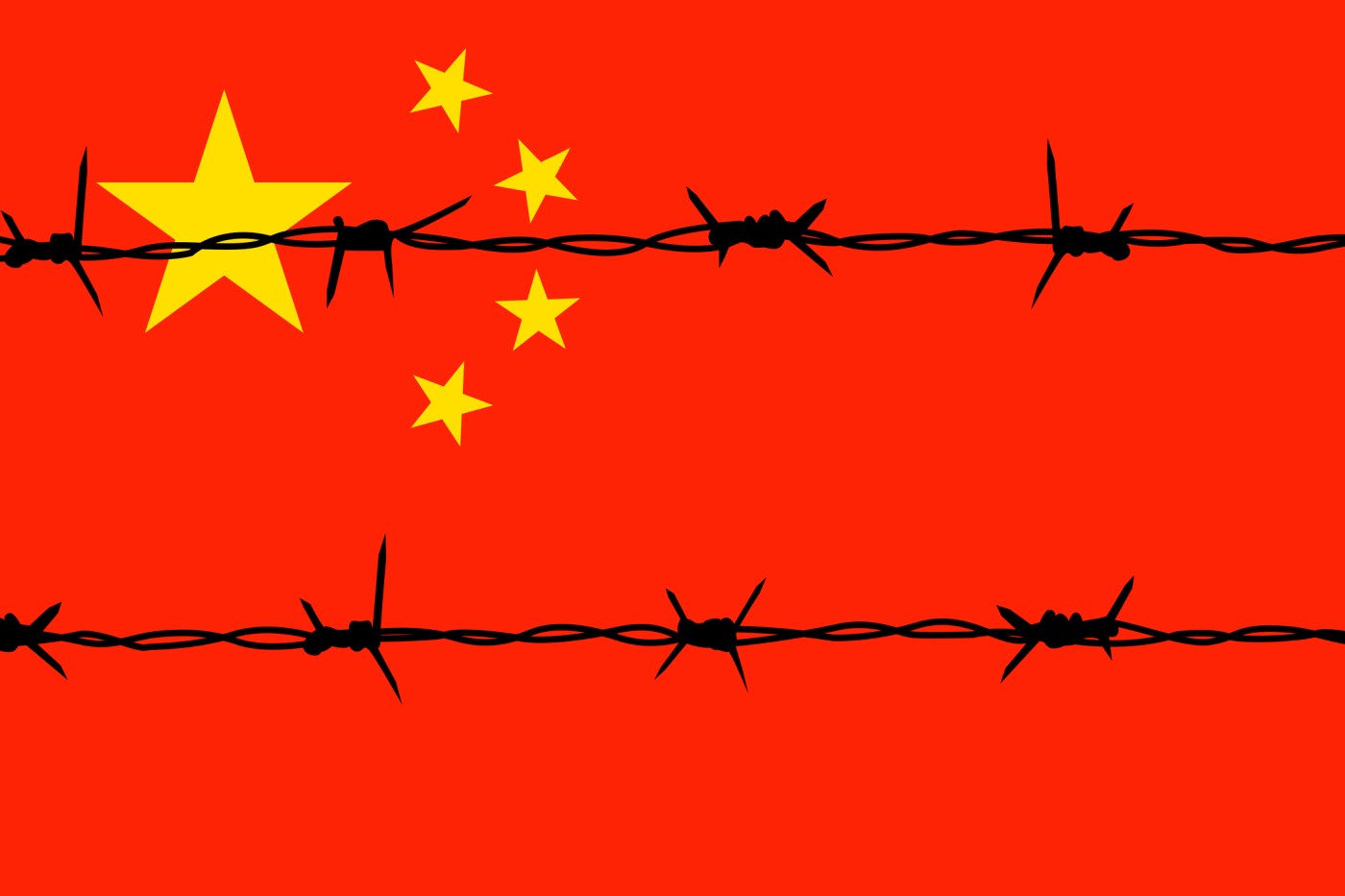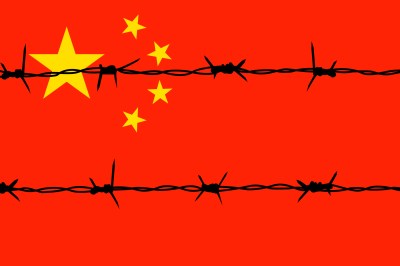Mark Swidan has been languishing in a Chinese prison since 2012, when the Texas businessman was arrested and accused of drug trafficking. Harsh conditions have caused him to lose significant weight, and he has spoken to his mother only once since his arrest.
Yet those are far from the 48-year-old’s biggest problems: In 2019, a Chinese court sentenced him to death. He has appealed the ruling and remains in legal limbo, but there isn’t much evidence that Swidan has done anything wrong. While Chinese officials found drugs on a driver and translator who assisted Swidan during a trip to China, the American had no drugs on him or in his hotel room. A U.N. Working Group on Arbitrary Detention review in 2020 concluded that China’s case against Swidan “is weak and circumstantial and based almost entirely on hearsay.”
The most disconcerting part of this saga is that Swidan’s predicament is not unique.
There are currently more than 50 Americans unlawfully detained in 20 countries, according to a database from the James W. Foley Legacy Foundation. The group found in a survey last year that the number of U.S. nationals detained nearly tripled between 2012 to 2022. Iran, China, Venezuela, North Korea, Syria, and Russia are the most frequent offenders, holding more than 60 percent of Americans detained abroad.
It’s possible the number of Americans trapped abroad is even higher. The Dui Hua Foundation estimates there may be 200 trapped in China. That’s because China also holds de facto hostages with so-called exit bans, which allow targeted individuals to move freely through China but not leave. Individuals targeted by exit bans may fear to involve diplomats out of concerns it will antagonize Chinese authorities, according to the Wall Street Journal. While the bans have a legal basis in China, it can be difficult to parse whether they’re fairly applied. And anyone trapped by one has little recourse.
Last month the State Department adjusted its travel advisory for China to “Level 3: Reconsider Travel” and warned Americans they may be wrongfully detained or prevented from returning home due to “arbitrary enforcement of local laws.”
Any high-level setback in the U.S.-China relationship can dim detainees’ hopes for a breakthrough. And recent months have been full of setbacks: squabbling over a Chinese spy balloon flying over the U.S.; American officials meeting Taiwanese leaders; Chinese President Xi Jinping’s denunciation of the U.S. at a joint meeting with Russian President Vladimir Putin last month.
In addition to Swidan, China also holds two other Americans the State Department has designated “wrongful detainees,” a legal assessment based on specific criteria in U.S. law. Chinese-American citizen Kai Li has been detained since 2016, and in 2018 a Chinese court sentenced him to a 10-year prison sentence on espionage charges. (The U.N. also ruled that Li’s detention was arbitrary.) David Lin, a Chinese-American pastor now in his 60s, was detained in 2006 after traveling to China to support local churches, work he had been involved in since the 1990s. Lin’s sentence is set to expire in 2030, but his family has raised concerns about his health.
In February, Texas Sens. Ted Cruz and John Cornyn introduced a resolution urging the Biden administration to “deepen and prioritize efforts” to secure his release. On the House side, U.S. Rep. Michael Cloud introduced a twin resolution, along with 39 other cosponsors. In 2021, a bipartisan group of 15 lawmakers wrote a letter to the administration highlighting Li’s case.
Former U.S. Rep. Frank Wolf, currently a commissioner on the U.S. Commission on International Religious Freedom, praised lawmakers for introducing a resolution. But even more important, Wolf said, will be pushing for the resolution to be brought to the House and Senate floor and voted on: “You’re sending a message to the Chinese that we’re not going to forget about this guy.”
“It used to be that you could get pretty good Chinese cooperation,” said Rana Siu Inboden, who worked on human rights and democracy issues in China and North Korea at the State Department’s during the George W. Bush administration. Before Xi Jinping’s rise to power in 2013, she said, “if you raised a case, if there were 10 human rights cases we raised in a calendar year very vigorously, we probably could get three of them released, maybe four.”
No longer. “The Chinese calculation on ‘are they going to cooperate?’ has really changed,” explained Inboden, who is now a senior fellow with the Robert Strauss Center for International Security and Law. Even when U.S. officials have brought lists naming detainees to Chinese counterparts, “we are not getting any movement.”
There is no secret formula for U.S. officials to secure releases in these cases, but pressure from the bully pulpit doesn’t hurt.
“Writing lists of cases of concerns only goes so far,” Times Wang, a lawyer and son of a Chinese political prisoner, Wang Bingzhang, told The Dispatch. “The administration should have the highest-level official possible, and ideally the president himself, specifically and directly name the individuals they want to see released in meetings with their PRC counterparts.”
Chinese officials using detainees as bargaining chips with their American counterparts is nothing new, according to Bob Fu, president of the religious-freedom nonprofit ChinaAid.
“Every time there is a state visit, on the eve of the visit, China would release a few prominent figures,” Fu said.
But the shift to taking American hostages is a more aggressive approach that Fu tied to Xi Jinping’s tenure.
“We need to have a very clear red line,” Fu said. “If you take our citizens as hostage, then we will put some very meaningful sanctions, because it’s a state sponsored kind of kidnapping effort.”
He added that while back door diplomacy has yielded efforts in the past, he believes what will be most effective is engagement from the White House, from the secretary of state to the president: “To the Communist Party, at this stage, the so-called private diplomacy time is gone.”






Please note that we at The Dispatch hold ourselves, our work, and our commenters to a higher standard than other places on the internet. We welcome comments that foster genuine debate or discussion—including comments critical of us or our work—but responses that include ad hominem attacks on fellow Dispatch members or are intended to stoke fear and anger may be moderated.
With your membership, you only have the ability to comment on The Morning Dispatch articles. Consider upgrading to join the conversation everywhere.